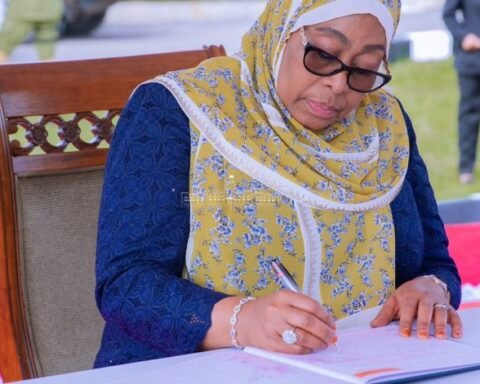Tanzania’s national plan to connect homes directly with high-speed fibre-optic internet has fallen drastically short of expectations, according to the latest audit report by the Controller and Auditor General (CAG).
The initiative, which was part of the government’s broader digital transformation agenda, aimed to connect 150,000 households during the 2023/24 financial year. But by the end of that period, only 10,781 homes had been connected—just 7% of the intended goal.
This means that over 139,000 homes across the country are still waiting for the essential service, despite hopes raised by the rollout strategy launched in 2022. The plan was meant to run through to 2027, gradually expanding internet access to more citizens and helping bridge the digital divide.
According to the CAG’s report, the failure to meet the target stemmed largely from a lack of funding and shortages in equipment necessary to install the fibre infrastructure. These logistical and financial hurdles have stalled progress and raised concerns about the sustainability of such a large-scale connectivity drive.
“The shortfall in implementation has not only denied citizens access to essential communication services, but it has also led to missed revenue opportunities,” the report stated, warning that delays could undermine the wider economic and technological benefits the project promised.
The audit also noted that the unmet goals reflect negatively on the financial performance and commercial viability of the institution responsible for the rollout.
Also Read; Trump Open to New Deal with China
It emphasized that more needs to be done to secure alternative funding sources—such as development loans or partnerships with private investors—to keep the project on track.
In response to the findings, the CAG has recommended urgent steps be taken to address funding gaps and revive the momentum of the project. Without significant intervention, the broader ambitions of the digital transformation strategy could remain out of reach for millions of Tanzanians who continue to live without reliable internet access.
As digital services become increasingly vital for education, business, and communication, the delay in rolling out broadband to homes may widen inequality and slow economic growth in underserved areas.
The coming months will be crucial in determining whether the country can regroup and get the fibre rollout back on course—or whether this year’s missed target is a sign of deeper structural issues within the plan’s implementation.







